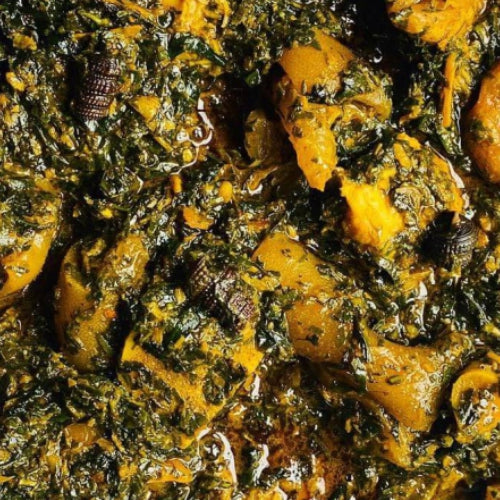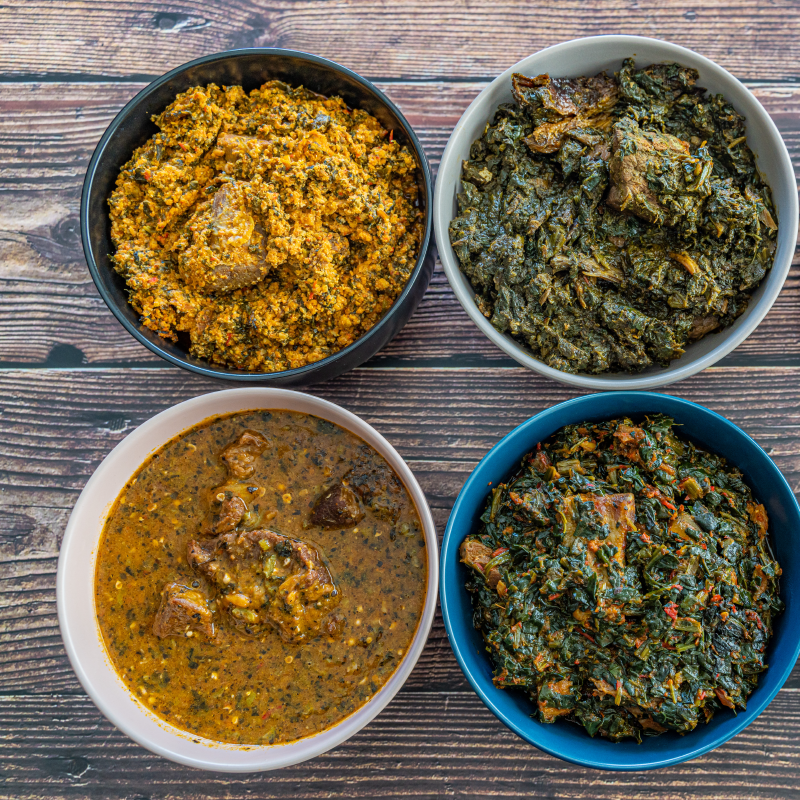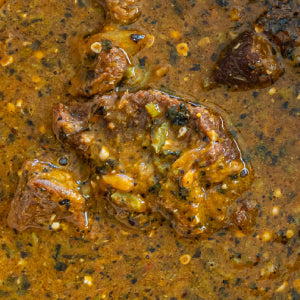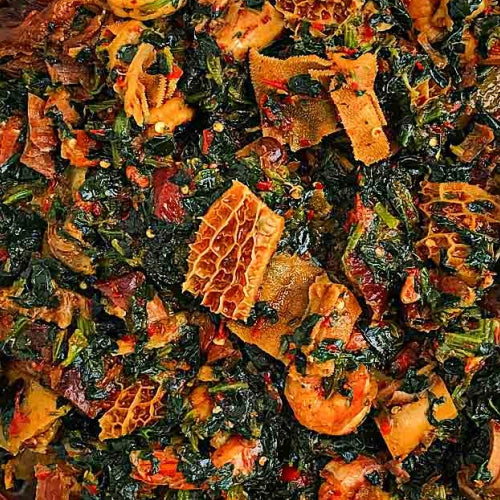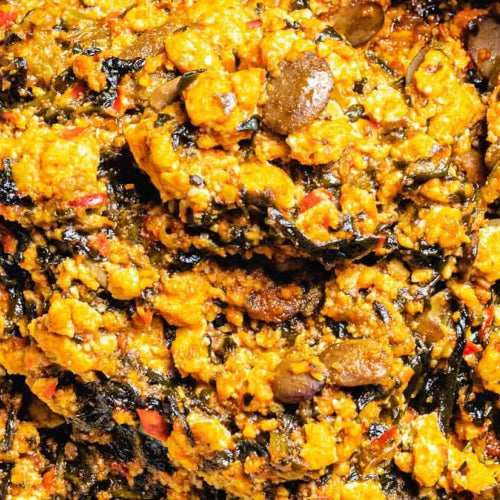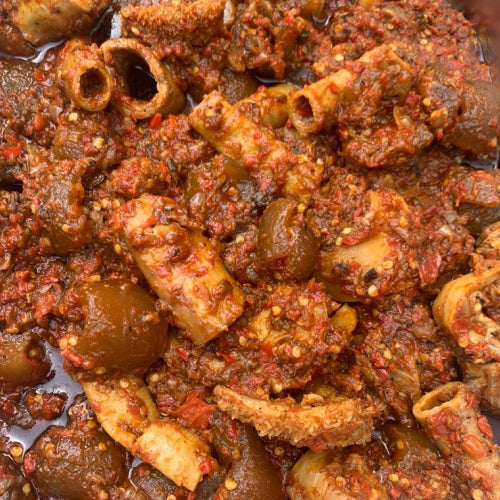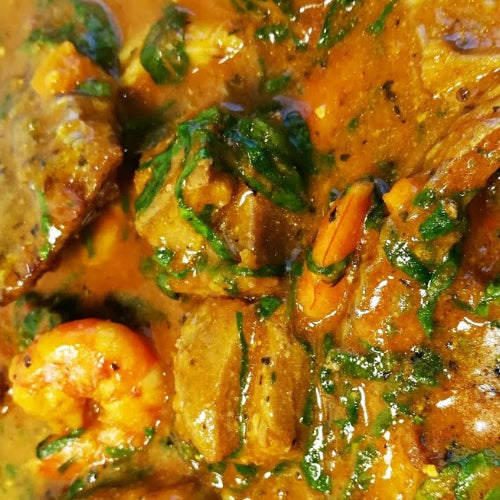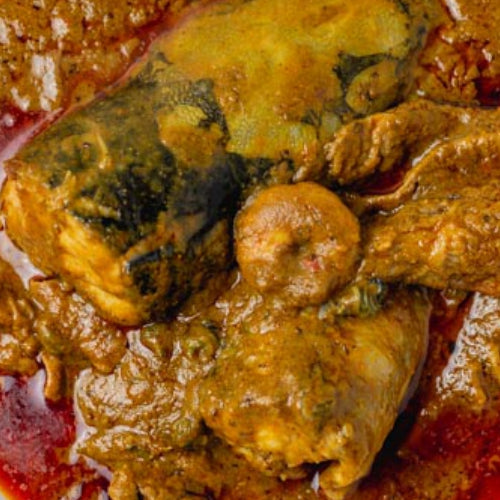Health & Nutrition Benefits of Egusi (Melon Seeds):
Egusi seeds come from bitter apple fruits. They are cholesterol-free and rich in essential fatty acids, antioxidants and minerals, and possess superior medicinal and nutritional benefits.
Egusi, also known as bitter apple seed, is native to Africa, Asia, Arab, and some Mediterranean countries.
People in Asia and the Middle East use egusi plants, fruits, and seeds to treat a variety of conditions including intestinal disorders, bacterial infections, jaundice, asthma, and diabetes.
However, egusi is a staple food in Nigeria and many other West African countries like Ghana, Togo, and Cameroon.
West Africans grind egusi seeds before cooking them with leafy-green vegetables, meat, palm oil, herbs and seasonings to form a thick soup. Nigerians typically eat egusi with éba (a dough made from dried cassava), pounded yam or fufu (another dough made from cassava).
Like many other African foods, there is limited information about the health and nutritional benefits of egusi. The studies that exist show it is a source of several essential micronutrients and polyphenolic compounds that prevent certain chronic diseases.
Let’s explore the
Health Benefits of Egusi
1 | Prevents diabetes: Diabetes occurs when your body is unable to respond to insulin (the hormone that lowers blood sugar) and/or when it is unable to produce sufficient insulin.
In Iranian diabetic patients, egusi fruit capsules lowered HbA1C and fasting blood glucose levels after two months. Egusi seed oil also reduced blood sugar levels in mice with diabetes.
2 | Lowers lipid levels: High blood levels of lipids (fat, cholesterol, and triglycerides) in your blood can increase your risk of heart disease. Ground egusi seeds lowers triglyceride and cholesterol levels in patients with high blood lipid levels.
3 | Prevents bacterial infections: Extracts from egusi plants, fruits, and seeds prevent bacterial infections. Egusi fruits contain active chemicals that kill common bacteria like Escherichia coli, Pseudomonas aeruginosa, and Salmonella typhimurium.
Egusi fruit extracts are as effective as the antibiotic drug, novobiocin in treating patients with staphylococcal (bacterial) infections.
4 | Source of antioxidants: Antioxidants are an essential component of your diet because they neutralize harmful free-radicals that cause diseases like cancer, rheumatoid arthritis and heart disease. They are typically present in fruits, and egusi is no exception.
Egusi fruit extracts are a rich source of antioxidants and studies have proven their ability to neutralise several free-radicals.
5 | Stimulates hair growth: Egusi extracts are used in Ayurvedic medicine for hair growth. These extracts are effective in increasing the number of hair follicles in animal studies.
Minoxidil is the standard treatment for hair loss in men and can be effective in women. In animal studies, egusi extracts were more effective than minoxidil in treating hair loss.
Nutrition Facts
Egusi seed is a rich source of protein and omega-6 fatty acids. Similar to most plant oils, it mainly contains unsaturated fatty acids. Its seed oil is a good source of natural antioxidants like vitamin E and ß-carotene.
Egusi seed is a good source of potassium and calcium, minerals that regulate blood pressure. It is also a rich source of magnesium, phosphorus, iron and zinc.
And just like all plant foods, egusi is naturally cholesterol-free.
100g of West African egusi contains the following nutrients:
- 593 calories
- Carbohydrates: 11.3g
- Fat: 47.9g
- Protein: 27.5g
- Fibre: 3.2g
- Calcium: 16% of the reference nutrient intake (RNI)
- Iron: 42% of the RNI
- Zinc: 75% of the RNI
- Phosphorus: 157% of the RNI
- Potassium: 18.5% of the RNI
What counts as one portion of egusi?
Egusi is a seed, just like pumpkin and sunflower seeds. As with most nuts and seeds, a portion of egusi is 30g. The number of portions of healthy fats, including nuts and seeds you need in a day depends on your age, weight, physical activity levels and your health goals.
30g of egusi may make a small portion of soup when cooking, so I suggest bulking up soups with fresh leafy green vegetables. That way, you increase the volume, micronutrient density and fibre content of the meal which will keep you satisfied.
Use one teaspoon of palm oil per portion when cooking. While nutritious, excessive use of palm will increase the calorie density of the meal and may cause weight gain especially if you eat the soup with oversized portions of éba, pounded yam or fufu.
Egusi is available in all markets in Nigeria and from local food stores. If you live in a western country, you can find it in African and Indian foods stores or on amazon.

How to cook Egusi
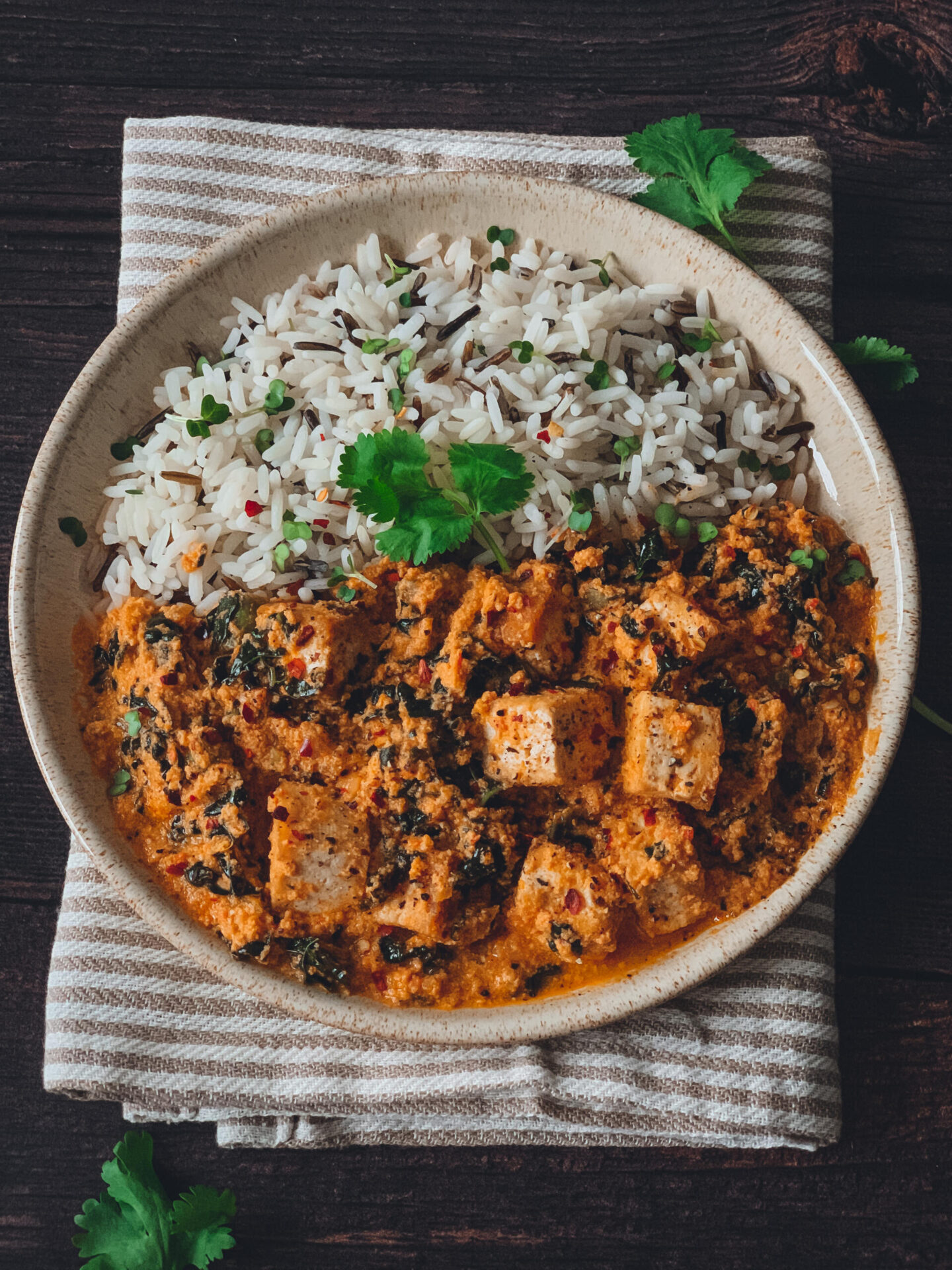
You need:
- 400g tin plum tomatoes
- 1 large red onion, peeled and quartered
- 3 medium garlic cloves
- 1 large red bell pepper
- 1 large red chilli
- ½ inch ginger
- 4 tablespoons ground egusi (melon seeds)
- 1 pack tofu, drained and cubed
- 2 vegetable stock cubes
- 2 tablespoons olive oil
- 100g chopped kale or spinach
Directions
Preheat the oven to 200C. Line a baking tray with baking paper then evenly distribute tofu on the tray and bake for 25 minutes, turning halfway through cooking until all sides are golden then set aside and keep warm.
Put the tomatoes, red onion, garlic cloves, bell pepper, ginger and chilli in a food processor and blitz to form a smooth liquid. Tip the mixture into a medium saucepan and cook on medium heat for 25 minutes read more

